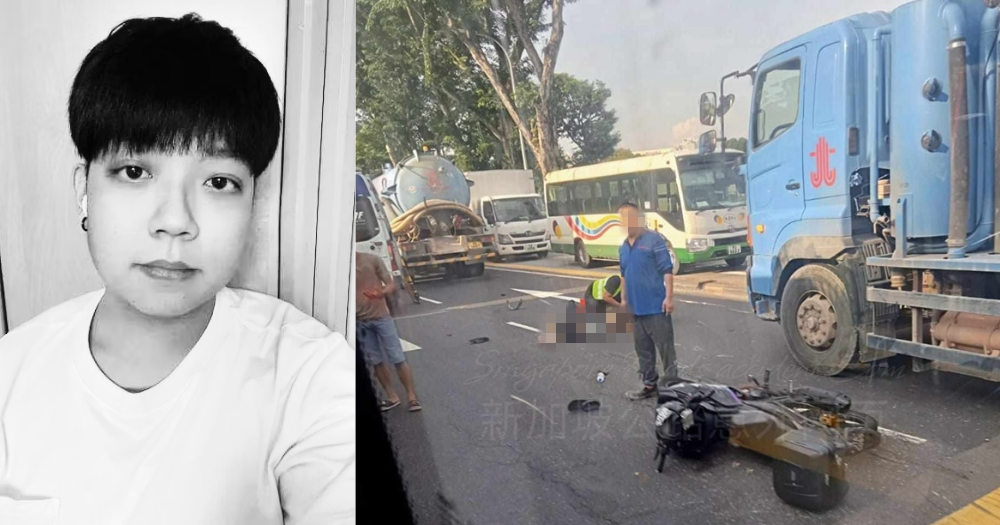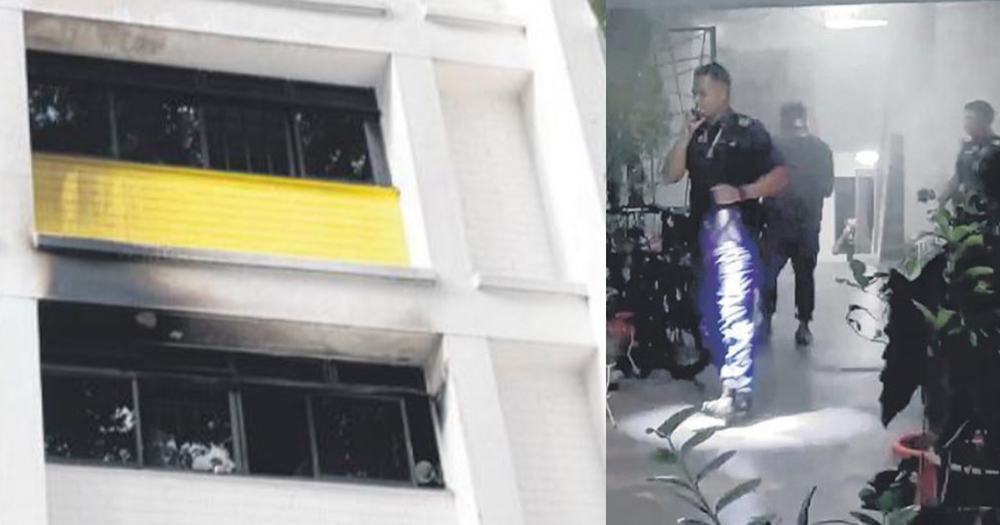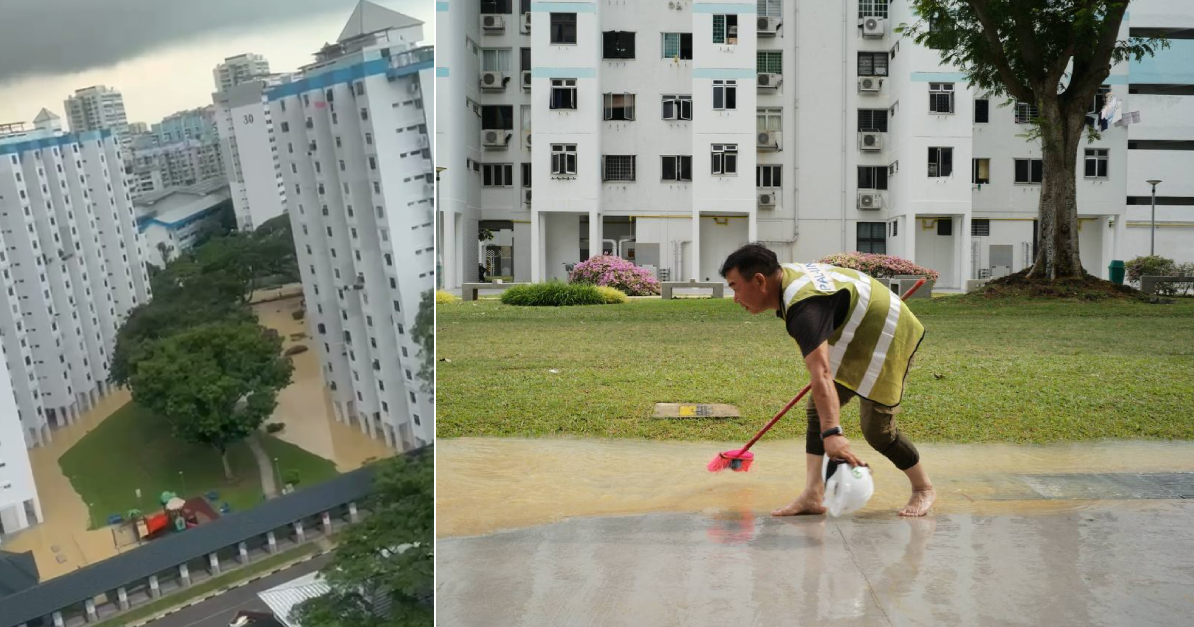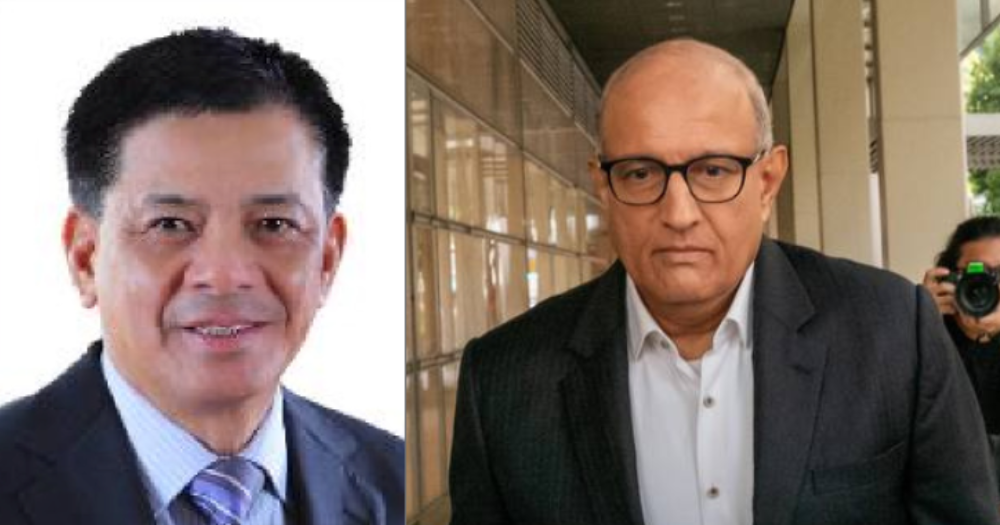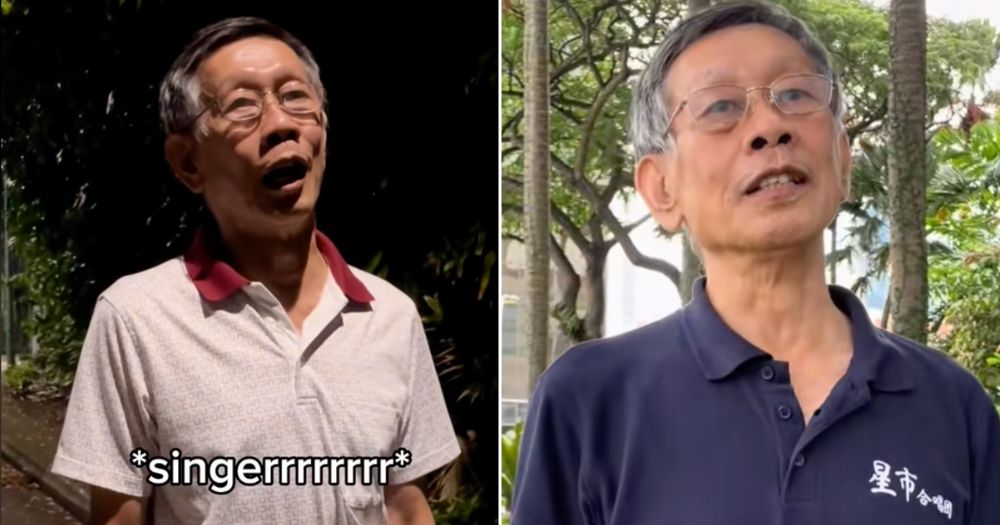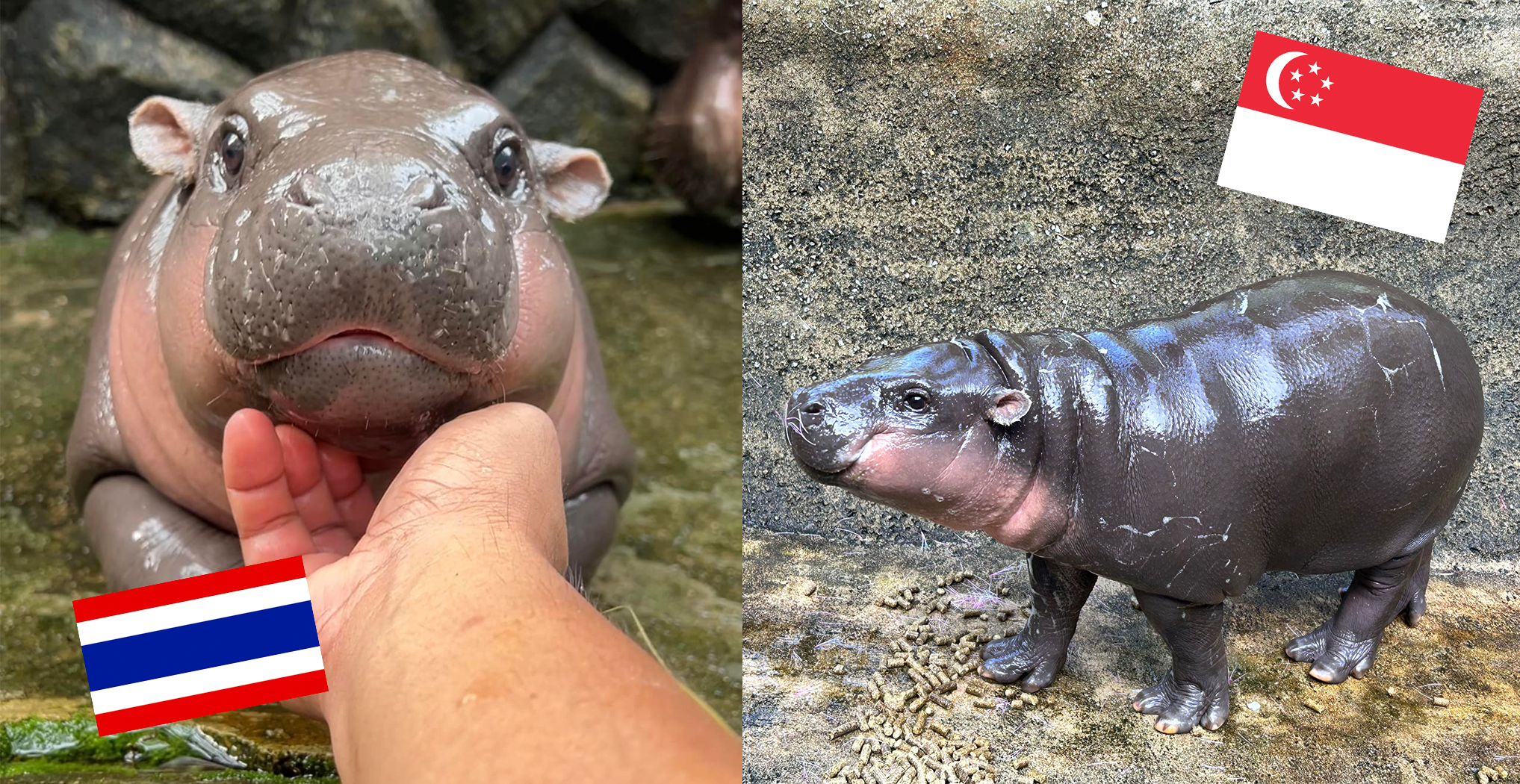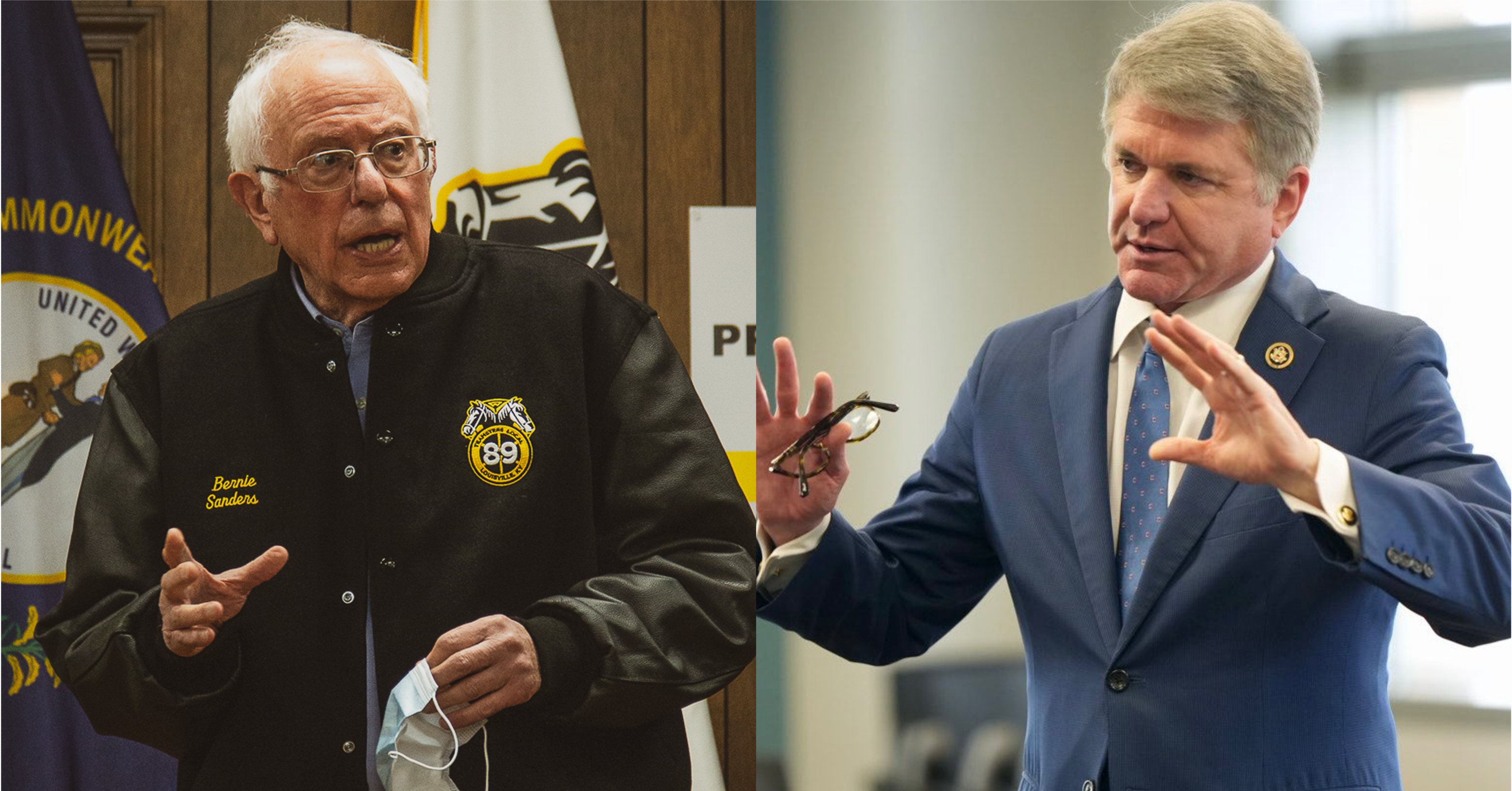Iswaran given a tougher sentence than what prosecution & defence requested. But why?
The case is unprecedented in Singapore.
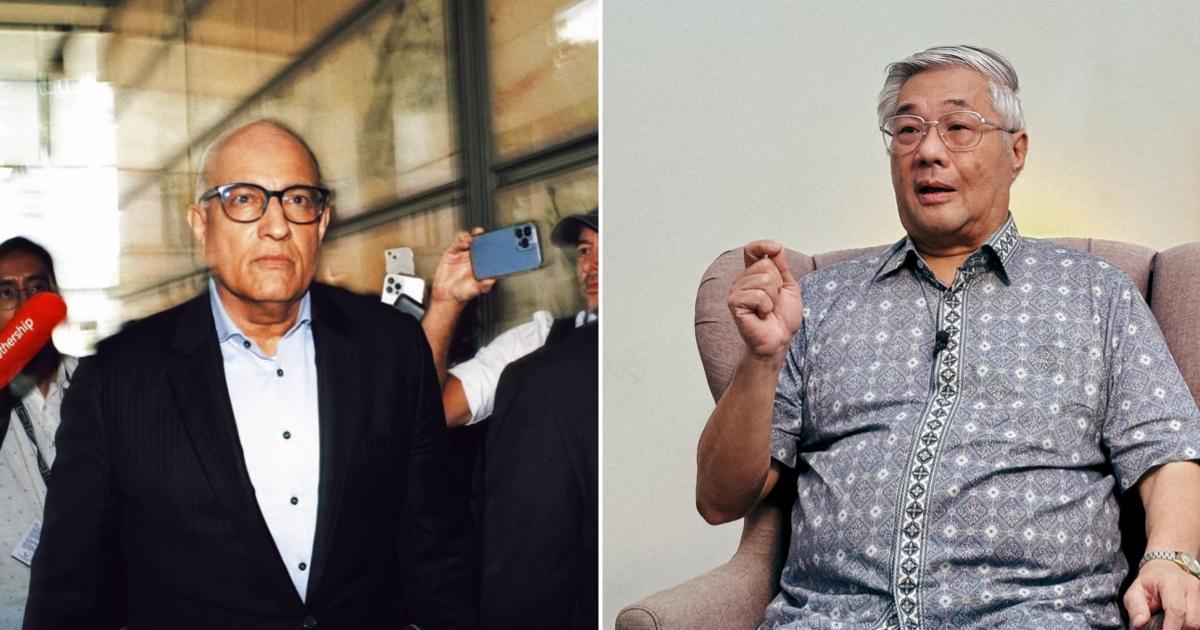
On Oct. 3, former transport minister S Iswaran was sentenced to a year's jail.
This was significantly longer than what both the prosecution and defence requested; six to seven months, and eight weeks respectively.
In sentencing, presiding judge Vincent Hoong said that the requested sentences would have been "manifestly inadequate".
But why the difference? Mothership sat down with former attorney-general Walter Woon to find out more.
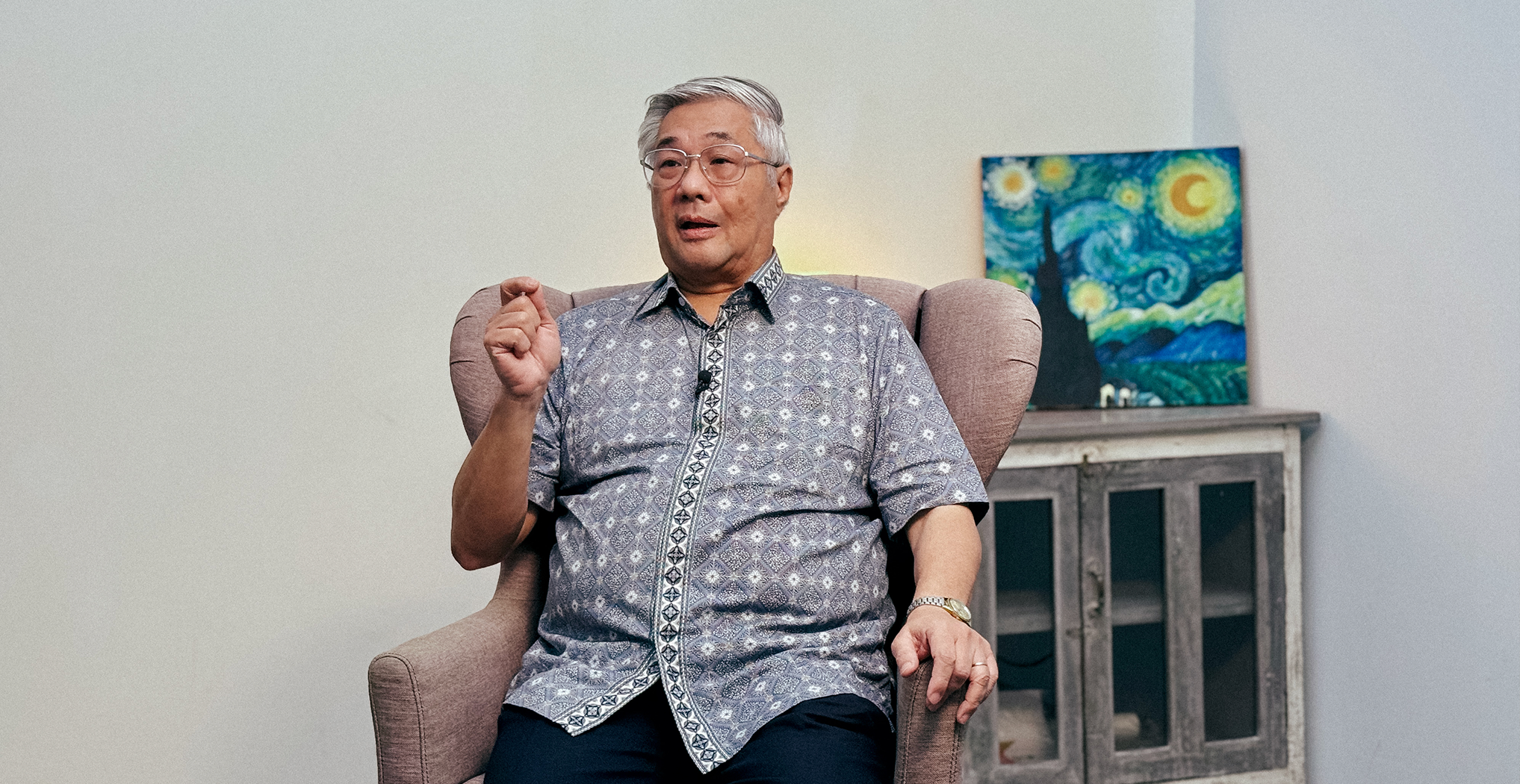 Photo by Foo Chan Seng.
Photo by Foo Chan Seng.
An unprecedented conviction
While the sentence was more severe than many anticipated, the conviction that Iswaran faced — under Section 165 — was also unprecedented in Singapore, Woon said.
Under Section 165, it's an offence for public servants to obtain any valuable item from someone who they are involved in an official capacity, without payment or with inadequate payment.
But no-one has ever been charged under that particular section before.
"In a way, whatever [the prosecution] says would be, in a sense, arbitrary."
He explained that the prosecution would have had to take a position on sentencing that they thought was adequate punishment for Iswaran's offences.
"But Justice Hoong didn't think it was adequate," he said.
Potential benchmark for future cases
The sentences Hoong meted out could go on to become a benchmark for future cases, Woon said.
And if there is an appeal, the Court of Appeal may decide ultimately to increase or decrease the sentence; and then that will become the benchmark.
"Since it's the first, we [didn't] know what the going rate is," the senior counsel explained.
"Now we do."
"Disingenuous"
Furthermore, Iswaran's defence that he could not plead guilty earlier, due to the previous corruption charges, was "absolutely disingenuous", Woon said.
One of the points brought up by the former minister's defence lawyers was that he had intended to plead guilty "as soon as possible", but was compelled to contest the entire case due to the initial charges brought under the Prevention of Corruption Act (PCA).
In sentencing, the judge said he was "not persuaded" by this particular submission. Woon agreed, pointing out that it was "entirely possible" for Iswaran to plead guilty to all the charges under 165 at the get-go, while contesting the two PCA charges.
Such an approach, he suggested, could have awarded Iswaran some mitigating value and hence a lower sentence.
"But from the start, he says, 'I'm totally innocent.' Where is the remorse? Where is the consciousness of having done wrong?" Woon said.
"When a person says... 'I recognise I've done wrong, I'm sorry, I won't do it again,' — then you get some credit for that.
But if you say [that] 'I'm going to fight this to the bitter end, because I'm innocent' — and then at the last minute you plead guilty — the conclusion is that you did this because you know you're not going to win."
Conditional warning
Woon also pointed out that not all cases of public servants accepting gifts are necessarily prosecuted.
For instance, if an individual accepts the gift, but discloses it; or if the value of the gift is low.
In such cases, it is possible for the Attorney-General's Chambers (AGC) to issue a conditional warning instead of prosecuting.
And even if the AGC does decide to prosecute, the judge is able to grant an absolute or conditional discharge, "if under the circumstances it is fair to do so."
"It's basically [the judge saying], 'Go and sin no more,'" Woon quipped.
Some considerations when deciding whether or not to prosecute include the number of gifts given, the period over which the gifts were given, and the aggregate value of the gifts.
In Iswaran's case however, most of the gifts were — "by any objective standard" — of high value.
They were also given on multiple occasions, and in a high overall quantity; charge sheets showed that he obtained tickets to 12 different musicals and five football matches, along with over S$145,000 worth of Formula 1 tickets.
In total, he obtained over S$400,000 worth of gifts from Ong Beng Seng and Lum Kok Seng.
"If it's one show, maybe you can persuade the public prosecutor to issue a conditional warning," Woon said.
"But [if it's] S$400,000...it's very hard."
A clear signal
Ultimately, Woon said the sentencing has a "clear signalling effect".
"If you're in a position of influence, you will suddenly find you've got a lot of friends," he said.
Overseas, for instance, politicians have been seen accepting gifts. UK prime minister Keir Starmer recently came under fire for accepting over S$10,000 worth of gifts and hospitality, including six Taylor Swift concert tickets. (He later repaid the sum.)
But in Singapore at least, the point that the verdict appears to have made is this: the civil service and the government must be clean.
And more than that, it must be seen as clean.
"There was no indication that Mr Iswaran actually influenced anything," Woon said.
"But you don't want a situation where the boss' minions think, 'Oh, this is a friend of my boss, I've got to please him'...
We don't want that. So we have a very salutary and severe punishment; custodial in the first instance."
Related content
@mothershipsg Former transport minister S Iswaran was sentenced to a year's jail on Oct. 3, 2024. This was a longer sentence than what both the prosecution and defence requested; six to seven months, and eight weeks respectively. #sgnews #tiktoksg #fypsg ♬ original sound - Mothership
Top image by Foo Chan Seng
MORE STORIES







